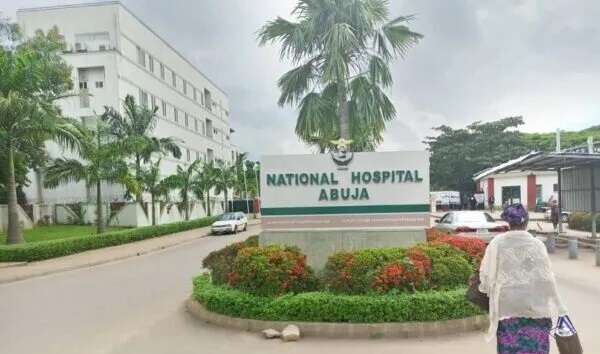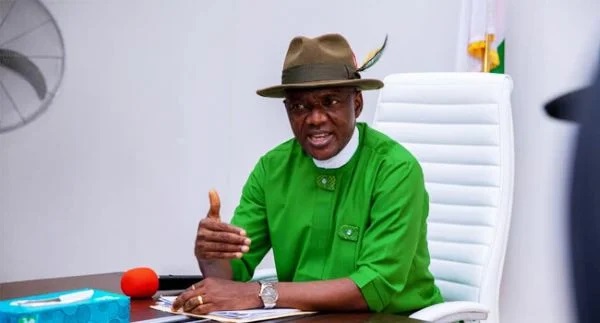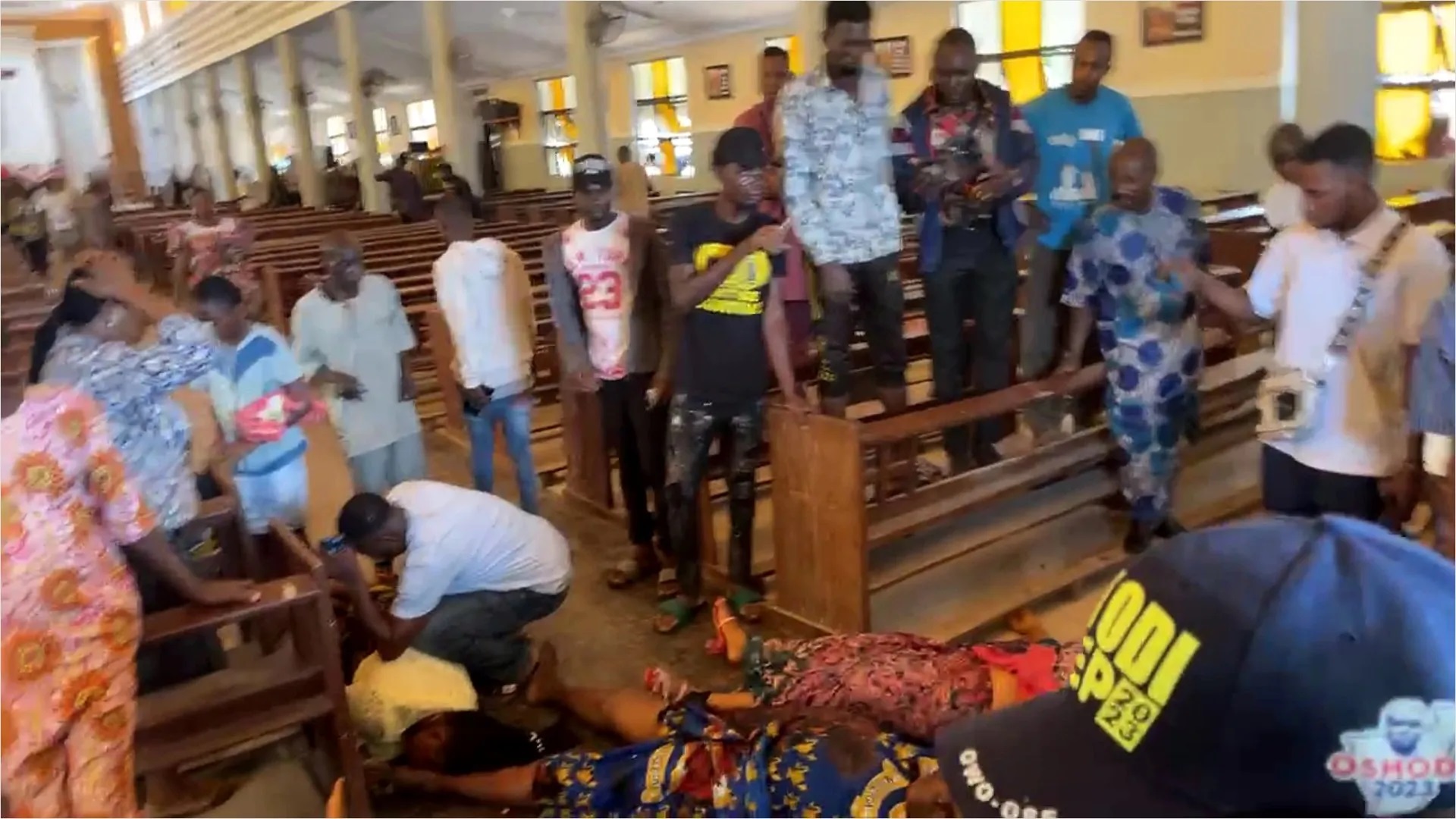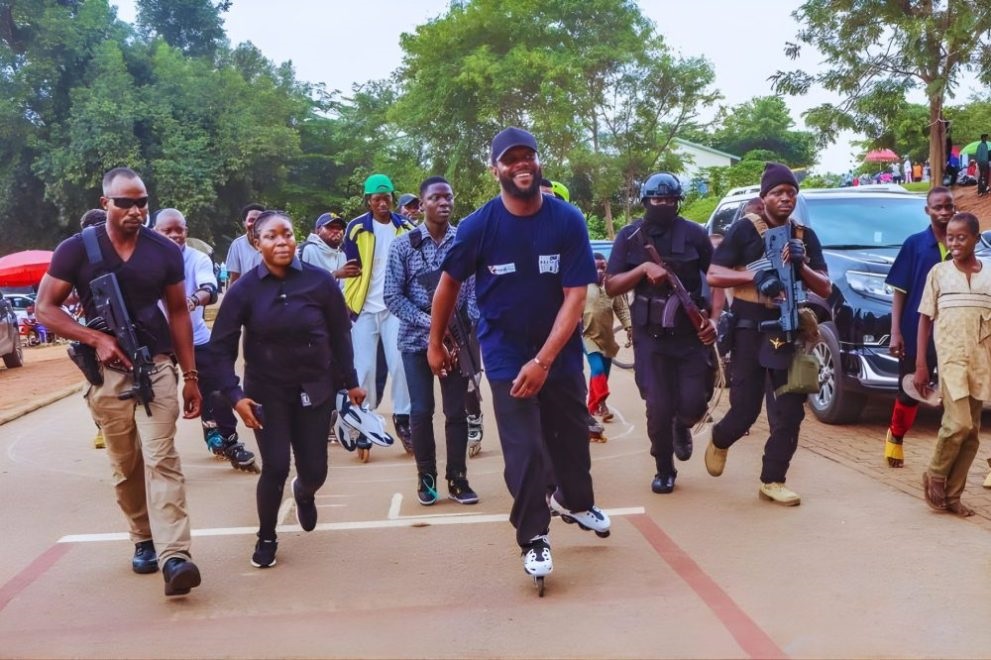Nigeria’s fragile health system is facing a deepening crisis as nationwide industrial action by resident doctors entered its 17th day on Monday, while the Joint Health Sector Union (JOHESU) and the Assembly of Healthcare Professional Associations (AHPA) began their third day of indefinite strike action.
The dual strikes have left public hospitals operating at skeletal levels, with patients increasingly stranded and no immediate resolution in sight.
JOHESU, representing laboratory scientists, pharmacists, health records officers, and other key health professionals, declared its strike on Friday following a unanimous decision by its Expanded National Executive Council. The unions accuse the Federal Government of 12 years of neglect and failure to implement adjustments to the Consolidated Health Salary Structure (CONHESS), a demand dating back to January 2014.
JOHESU National Chairman, Comrade Kabiru Minjibir, said the strike became unavoidable due to “prolonged delays and government inaction,” despite repeated reminders after the last strike was suspended in June 2023 following President Bola Tinubu’s intervention. He added that even after a Memorandum of Understanding signed on 29 October 2024, there had been “no positive response” from government ministries and agencies.
Central to the dispute is the non-implementation of a High-Level Committee report on CONHESS submitted in 2022. While doctors’ salaries were adjusted in 2014, other health workers have not received corresponding adjustments, violating the 2009 Collective Bargaining Agreement. JOHESU warned against victimisation of its members, describing the strike as a “legitimate dispute of right under labour law.”
Resident doctors across government hospitals have also remained on strike for more than two weeks, demanding the payment of allowances, improved working conditions, and full disbursement of the Medical Residency Training Fund (MRTF). Their absence has severely impacted emergency units and surgical wards.
The Minister of State for Health and Social Welfare, Dr Iziaq Salako, said the Federal Government is actively addressing the grievances of health workers, noting ongoing investments in tertiary hospital infrastructure, with recent upgrades completed in Abeokuta, Enugu, and Sokoto.
With multiple cadres of health workers involved, patients nationwide are bearing the brunt of the strikes. Hospitals have scaled down services, postponed surgeries, and redirected patients to private facilities. Health experts warn that unless urgent action is taken, the ongoing industrial action could exacerbate Nigeria’s already fragile health outcomes, delay critical treatments, and increase preventable deaths.
As the doctors’ strike stretches into its third week and JOHESU’s indefinite action continues, the resolution of Nigeria’s health sector crisis remains uncertain.





